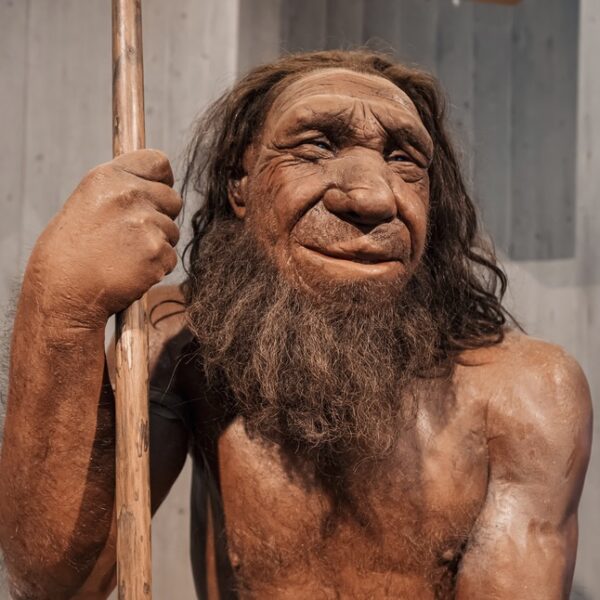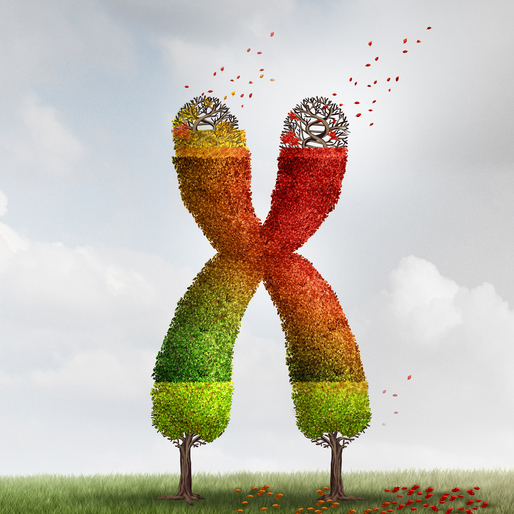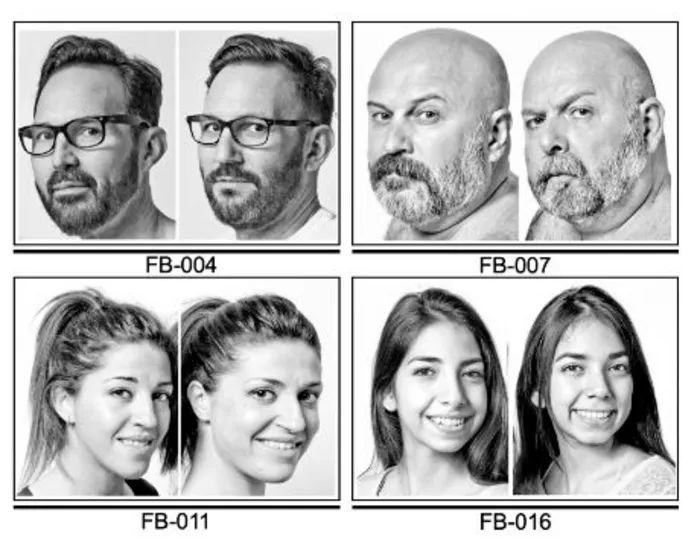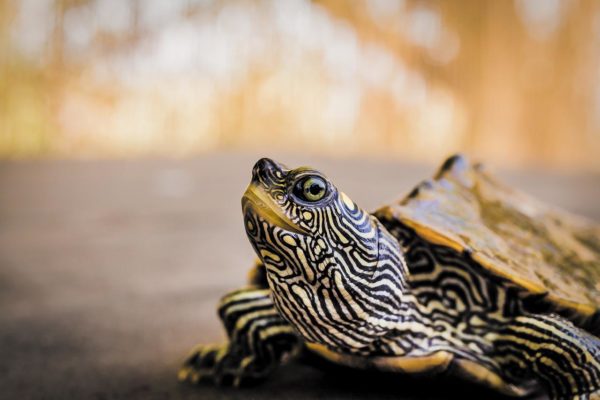Writer Fuel: New Experimental Therapy Aims to Turn Cancer Cells Against Themselves
Cancer can sometimes thwart drugs designed to treat it — but now, scientists have developed a way to turn tumor cells against their neighbors, forcing the cancer to cooperate with treatment. A cancer treatment’s success hinges on its capacity to damage cancer cells enough to kill them or stop them from growing. However, some cancer … Read more











